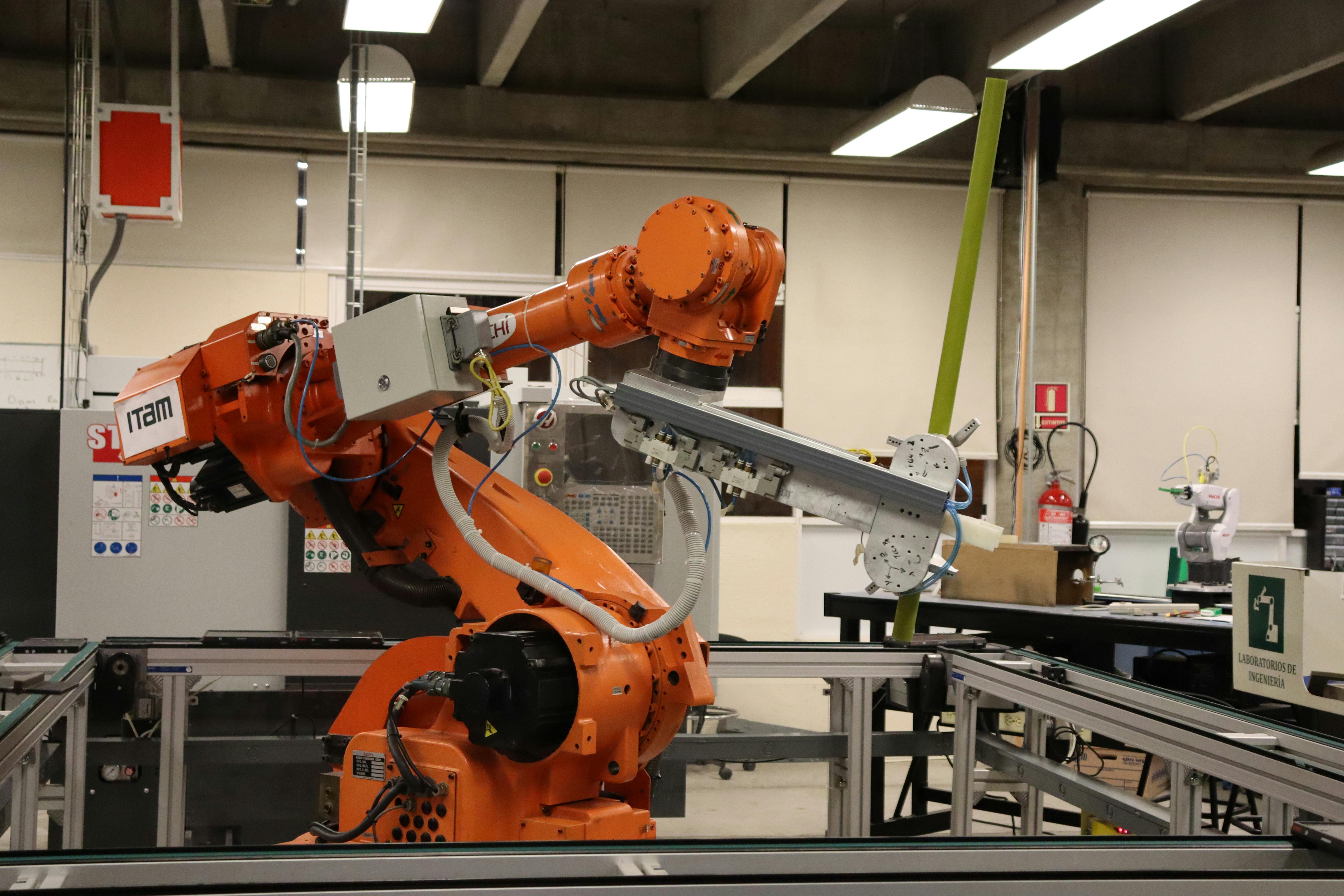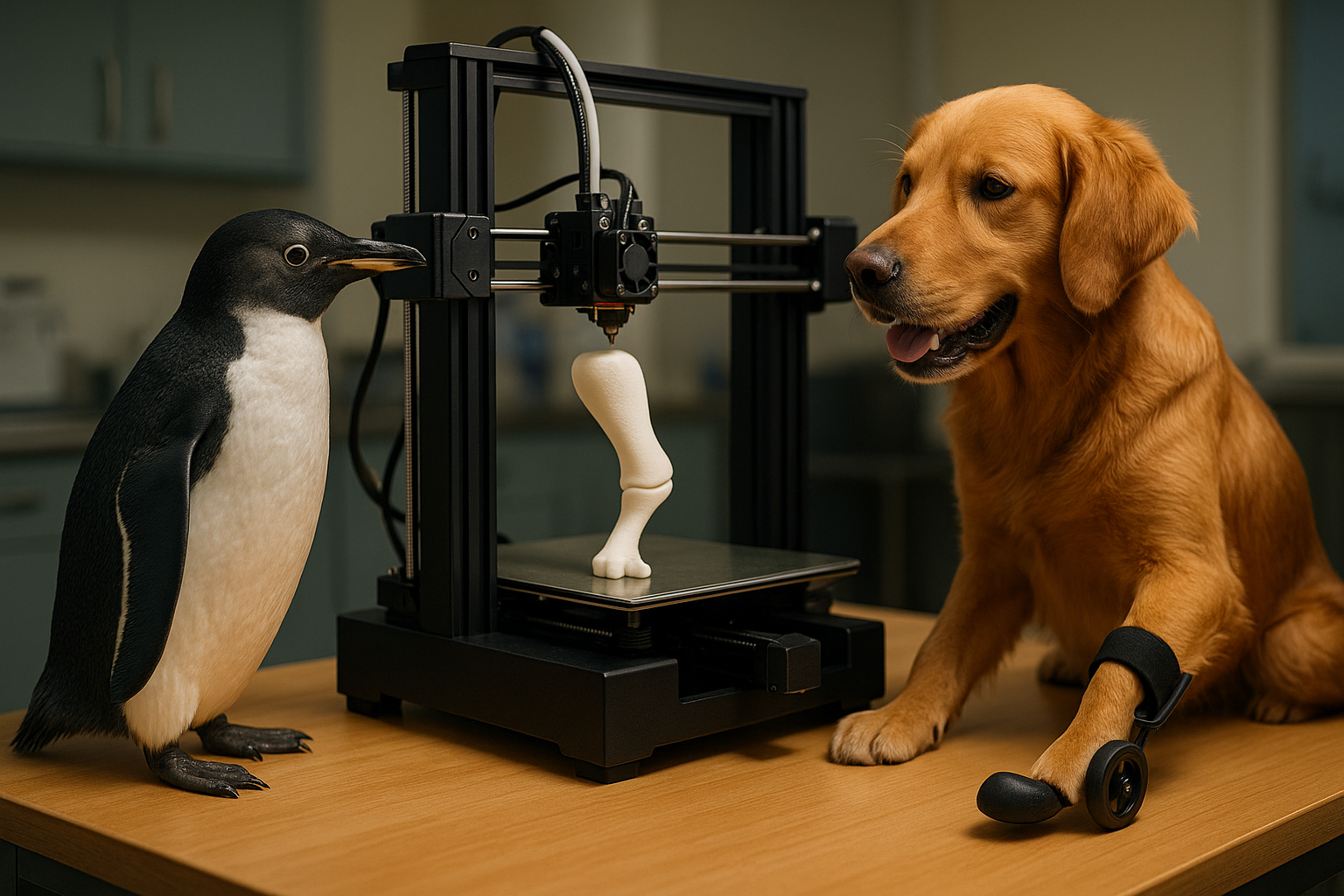Shifting Gears: How Industry 4.0 is Reshaping Manufacturing Operations
Introduction: The Fourth Industrial Revolution, or Industry 4.0, is revolutionizing the manufacturing sector. This article delves into how this digital transformation is reshaping manufacturing operations, highlighting key trends, potential benefits, and challenges.

A Historical Perspective on Industry 4.0
Industry 4.0 signifies the fourth major upheaval in industrial history, preceded by the mechanization of production during the first Industrial Revolution, the introduction of mass production in the second, and the onset of automation in the third. Today, Industry 4.0 is characterized by the integration of digital technologies—such as big data analytics, cloud computing, and the Internet of Things (IoT)—into manufacturing operations.
Trends in Industry 4.0
Several key trends are defining the adoption of Industry 4.0 in manufacturing:
- The rise of smart factories: Manufacturers are investing in automated, connected, and flexible production systems, creating “smart factories.”
- Data-driven decision-making: With the proliferation of sensors and connected devices, manufacturers have access to vast amounts of data that could inform strategic decisions.
- Increased use of artificial intelligence (AI) and machine learning: AI and machine learning are being used to optimize production processes, improve quality control, and predict maintenance needs.
The Impact of Industry 4.0
Industry 4.0 has the potential to bring significant benefits to manufacturers:
- Improved efficiency: Automation and data analytics can streamline manufacturing processes, reduce waste, and improve productivity.
- Enhanced product quality: Advanced monitoring and predictive analytics can help detect and prevent quality issues before they occur.
- Greater flexibility: Digital technologies enable manufacturers to respond quickly and efficiently to changes in demand or market conditions.
However, the transition to Industry 4.0 also presents challenges, including the need for significant investment in new technologies and training, concerns about data security, and potential job displacement due to automation.
Practical Insights for Transitioning to Industry 4.0
- Start with a clear strategy: Understand your business needs and objectives, and develop a roadmap for your Industry 4.0 journey.
- Invest in skills development: Ensure your workforce has the necessary skills to operate and maintain new technologies.
- Prioritize data security: Implement robust data protection measures to safeguard your business and customer information.
- Consider the impact on your workforce: Plan for potential job displacement due to automation, and explore opportunities for re-skilling or up-skilling your employees.
Conclusion
Industry 4.0 is reshaping the manufacturing landscape, offering the potential for improved efficiency, quality, and flexibility. However, the transition to this new era of digital manufacturing is not without challenges. By understanding these issues and adopting a strategic, well-planned approach, manufacturers can position themselves to benefit from the opportunities of Industry 4.0.




